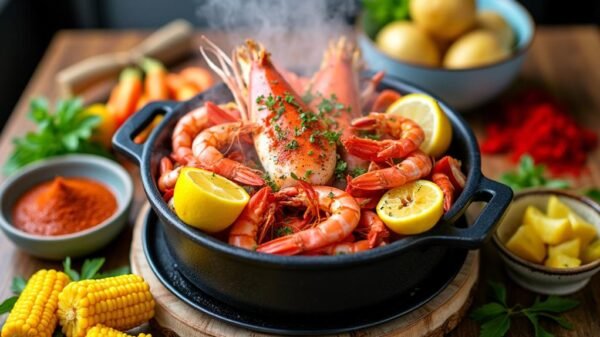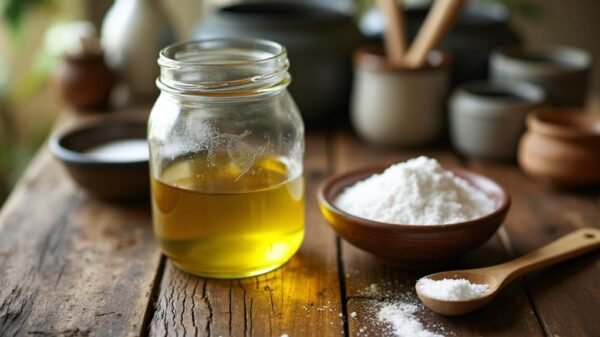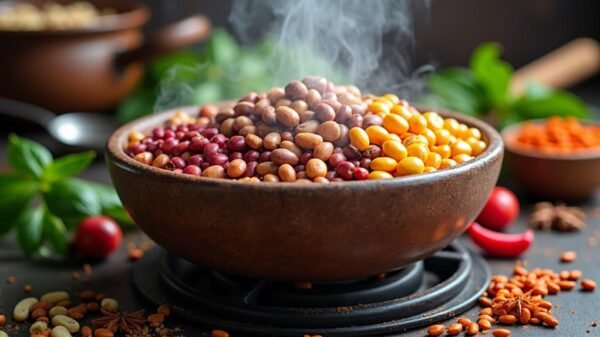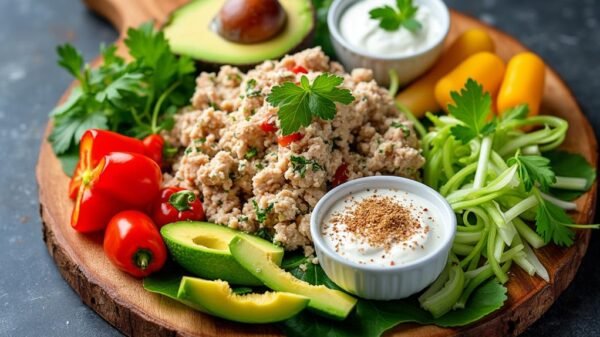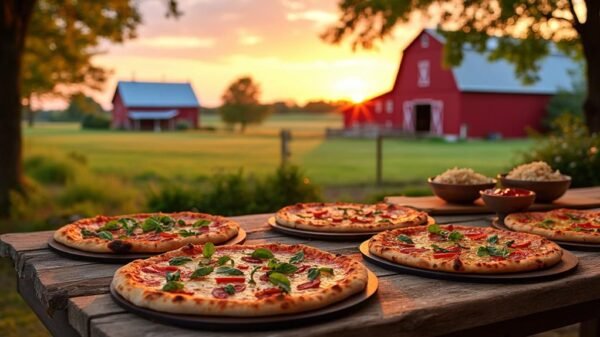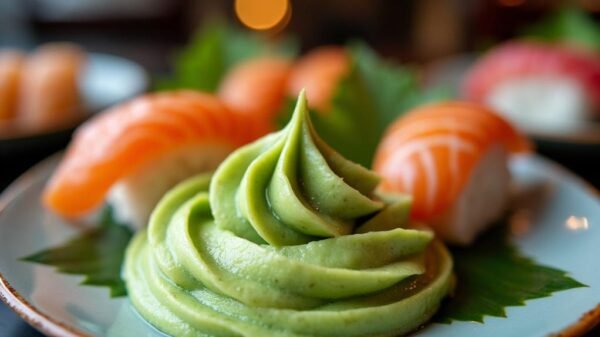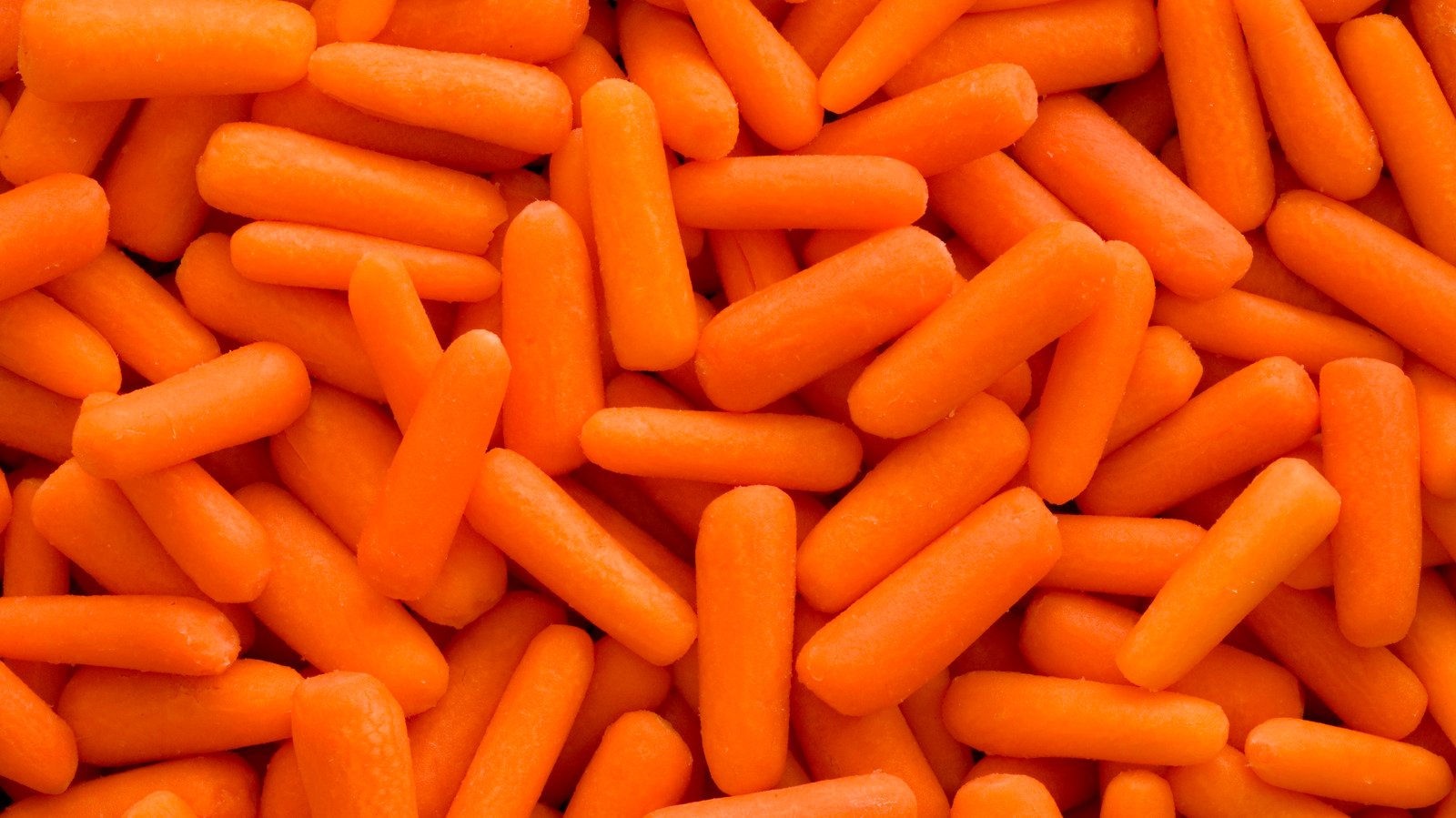Are Baby Carrots Worth It? An In-Depth Look at the Popular Snack
Baby carrots have become a ubiquitous addition to snack tables across America. Known for their convenience, they are a staple at potlucks, kids’ lunches, and even health-conscious households. However, the opinions surrounding this vibrant vegetable are mixed. For every fan praising their ease of use, there are skeptics questioning their authenticity and nutritional value. This article explores the pros and cons of baby carrots, helping you decide whether they belong in your shopping cart.
The Truth About Baby Carrots
Popularly believed to be harvested from young carrot plants, baby carrots are, in fact, cut from fully mature, often crooked carrots. Developed in the 1980s, this innovation was a clever attempt to minimize food waste by using imperfect produce that consumers generally shy away from. Despite being visually appealing and easy to grab, these miniature carrots might not deliver the freshness and tenderness one would expect from true baby vegetables.
Processing Concerns and Nutritional Value
The production of baby carrots involves several processing steps, raising environmental and health concerns among food enthusiasts. Initially, carrots are sorted, with those deemed too irregular set aside for other uses. They are then peeled and cut into uniform pieces, which some argue is wasteful. The process includes cleansing with chlorinated water to kill any bacteria, an aspect that some consumers find troubling. However, it’s worth noting that food safety regulations govern this process, ensuring that the chlorine levels remain safe for consumption. For those concerned about the washing method, organic baby carrots utilize a citrus-based sanitizer instead.
Nutritionally, baby carrots are often viewed as a healthy snack alternative to chips and other processed foods. Yet, they may lack the full nutritional profile of their larger counterparts. Many commercial carrots today are bred for cosmetic appearance rather than taste and nutrition, which could mean that a bag of baby carrots lacks some of the phytochemicals found in heirloom varieties. Individuals looking for a flavor boost should consider purchasing whole carrots from local farmers’ markets.
The Allure of Convenience
One undeniable advantage of baby carrots is their convenience. Ready to eat straight from the bag, they eliminate preparation time, making them ideal for busy individuals, students, and seniors who may struggle with food preparation. In a world where time is a precious commodity, the appeal of pop-and-go snacks is hard to overlook. They require no cutting or washing, allowing for a quick and nutritious option that appeals to both parents and children.
The Flavor Factor
Despite their practicality, the taste of baby carrots can be a point of contention. While they are visually appealing, many food enthusiasts agree that they do not rival the rich, earthy flavor of fresh, whole carrots. In contrast, culinary professionals prefer sourcing locally grown produce that boasts superior flavor, sweetness, and texture. For those keen on flavor, exploring traditional carrots—especially heirloom varieties—can provide a much more satisfying culinary experience.
Environmental Impact and Food Waste
In a time where food waste is a growing concern, baby carrots may have a more positive narrative than critics suggest. By utilizing "ugly" or misshapen carrots, producers are taking actionable steps toward reducing food waste. In the United States alone, approximately 92 billion pounds of food are wasted annually, a considerable portion attributed to the rejection of imperfectly shaped produce. In this light, baby carrots can be seen as a sustainable choice, repurposing vegetables that would otherwise go unsold.
Wrapping It Up
Ultimately, the choice to include baby carrots in your diet depends on your preferences and values. While they offer convenience and help reduce food waste, their taste and nutritional profile may not meet the expectations of every consumer. For those who appreciate the time-saving aspect and enjoy the mere fact that their children might eat them, baby carrots remain a viable snacking option. However, individuals looking for depth of flavor and the highest nutritional content may want to explore other carrot varieties. In either case, understanding the origin and processing of your food can help you make more informed dietary choices.





